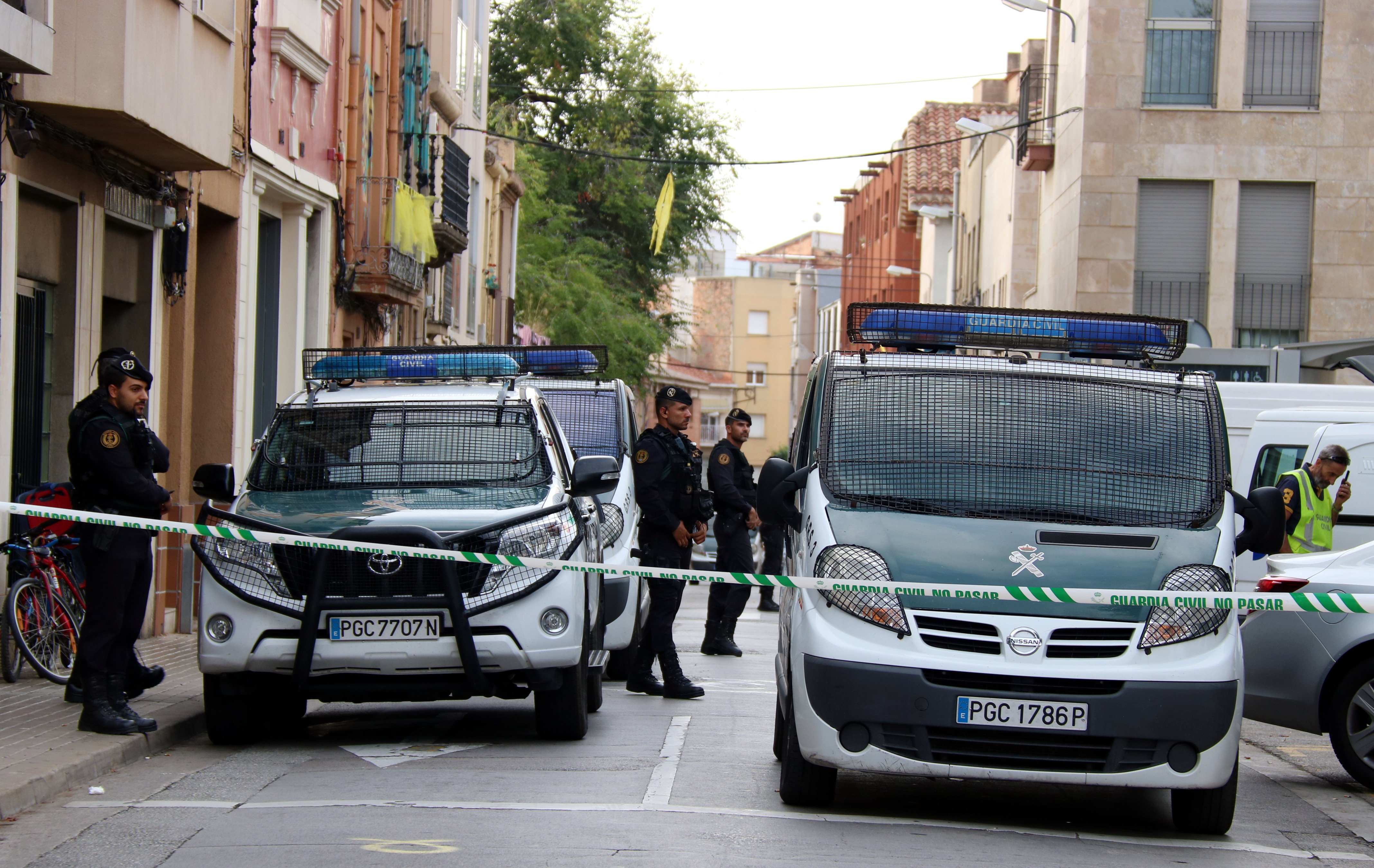A criminal chamber of Spain's National Audience court has confirmed that the 12 Catalan independence supporters accused of terrorism offences in the Operation Judas case, will be sent to a trial, as the investigating magistrate stated in a resolution in October. The legal assistance group Alerta Solidària, which is acting in defence of most of the defendants, denounced this Friday that the decision is "hasty", does not respect the rights of the defence and that the court "is joining the race against the amnesty law", which the Socialist (PSOE) party is currently negotiating with the two main Catalan pro-independence parties, ERC and Junts. The case of the 12 activists, who took part in different Committee for the Defence of the Republic (CDR) groups, is one of those contemplated in the drafts of the amnesty law intended to end prosecutions for Catalan independence process offences.
The next step is for the public prosecutors to present a proposed indictment and the penalties that it requests for each of the 12 defendants, who have been prosecuted for alleged offences of belonging to a terrorist organization and, for some of them, alleged possession of explosive material. The prosecutors have 5 days to make their submissions. Then, it will be the turn of the defence lawyers, and after that the court will set the date of the trial, if they have not been granted an amnesty before then. Also named in the case is the Catalan Association of Victims of Terrorist Organizations (ACVOT), which wishes to conduct a private prosecution, despite the fact that the defendants did not cause any injuries in the offences they are accused of.
Access to two secret sections of the investigation
In the resolution, the judges of the third section of the National Audience's criminal chamber - formed by judges Félix Alfonso Guevara, Carolina Rius and José Pedro Vázquez - argues that it maintains the conclusion of the summary against the 12 defendants because their lawyers' requests had already been rejected by another of the court's criminal chambers (the second section); the current judges stated that they regarded it as "improper" and "aberrant" to resolve an appeal against an appeal.
However, the demand which this appeal is centred on, made by most of the defence lawyers in the case, is for a series of proceedings which were the origin of the case and were kept secret from the defence teams, to be included in the investigation. These preliminary proceedings, known as DP 104/2017 and DP 99/2018, the basis on which the Operation Judas operation was carried out in 2019, were held as confidential until the National Audience issued an order - and several times - to judge Manuel García Castellón, head of the investigating court, to facilitate them. The court issuing the order, however, specified a time period which did not include all the relevant proceedings, and the new appeals court does not want to rectify its colleagues. It also refuses the requests made by defence lawyers that six Civil Guard officers, who participated in the investigation, and who did not clarify all aspects, should testify again. It states that they can do so at the trial.
Alerta Solidària interprets this resolution in the Judas case as another manoeuvre by the judiciary against the amnesty. The most obvious move is that made by the eight conservative judges of the General Council of the Judiciary (CGPJ), who have forced a full session of the judicial governance body on Monday 6th November to debate the amnesty law, whose draft has not yet been presented to the Congress of Deputies.

